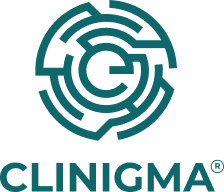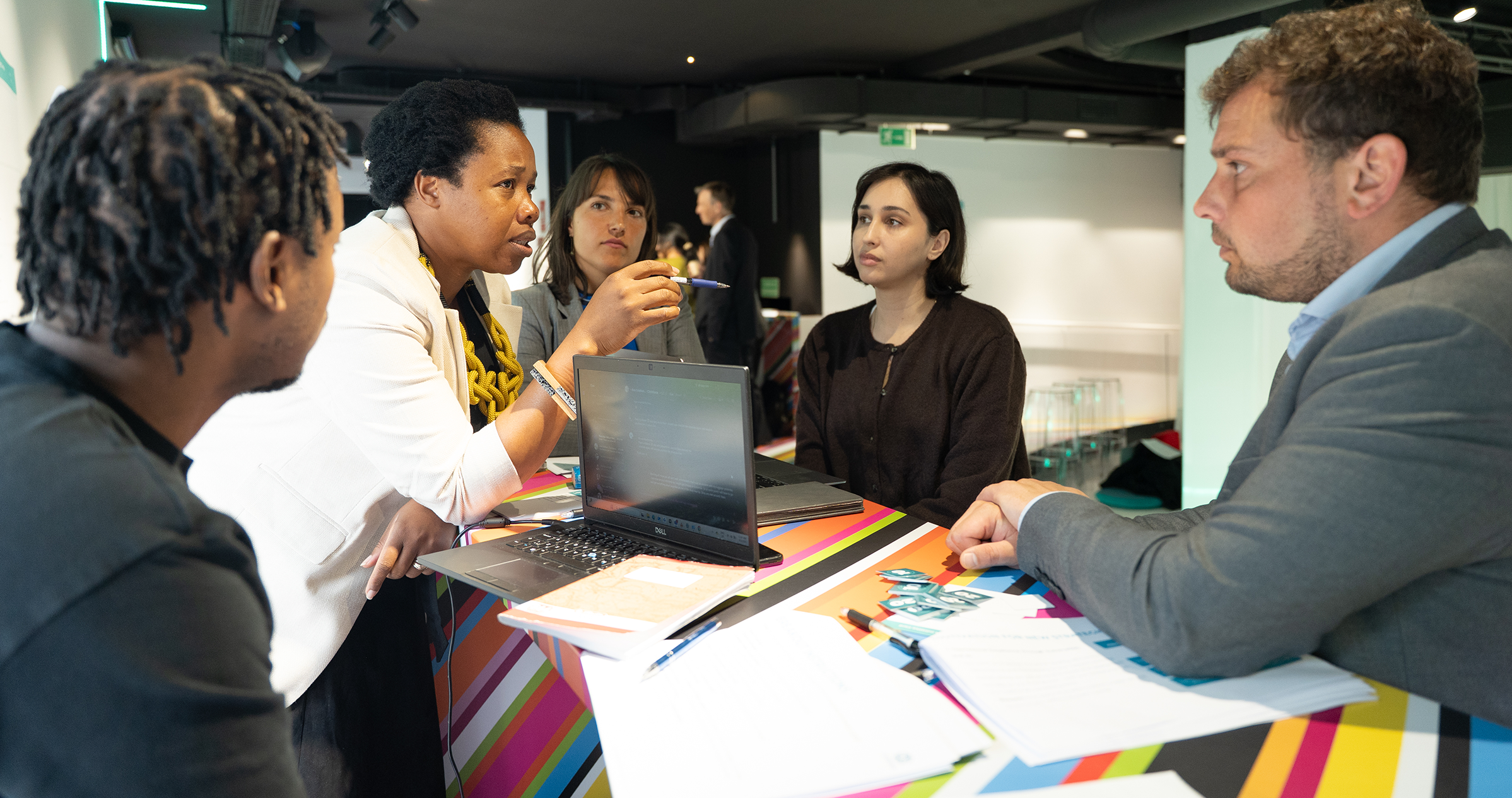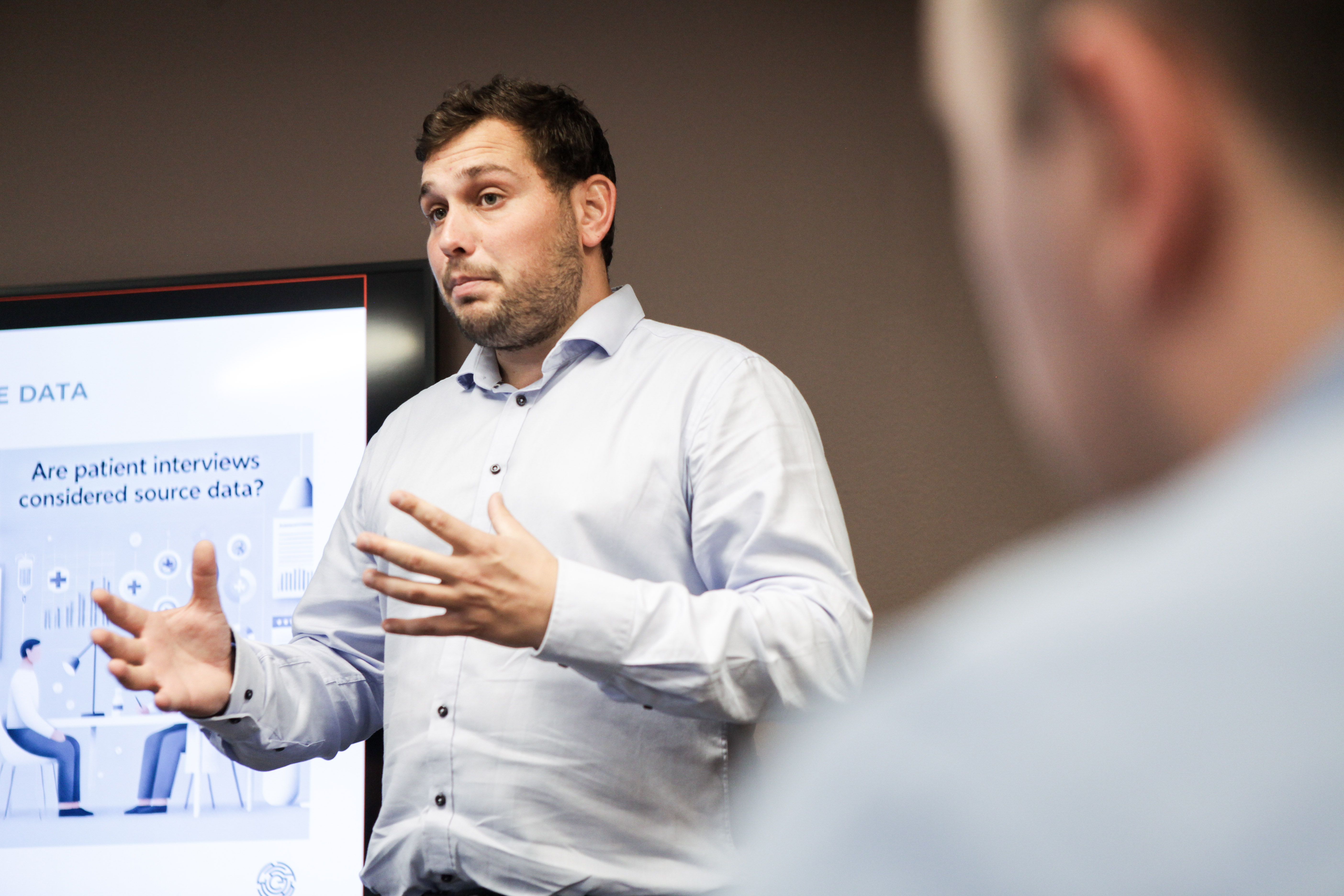Managing the human factor: navigating challenges in patient interviews

Participant interviews are the lifeblood of data collection in clinical trials. It is equally true that the unexpected challenges that arise in planning and conducting the interviews, though rare, are entirely predictable. Drawing on the FDA's Participant-Focused Drug Development (PFDD) guidance on collecting participant input and our own considerable experience, we at CLINIGMA® take pride in how we approach the “human factor” in participant interviews with care and precision.
Data collection can be affected by variables like limited access to participants, reluctance of participants to engage, or even the sensitivity of topics explored during interviews. Such issues can disrupt or compromise data collection and negatively affect the participant experience. Anticipating, pivoting, and managing these situations is critical to protecting data integrity and participant trust.
In this brief article, we would like to share our proven strategies for managing the “human factor” in participant interviews for clinical trials.
Adapting to Scheduling Mistakes: Keeping Patient Interviews on Track
Timing matters in clinical trials, and participant interviews must be scheduled within predetermined windows of time, whether we are conducting entry, interim, or exit interviews.
- Entry interviews at the start gather baseline information and expectations.
- Interim interviews track progress along the way.
- Exit interviews capture outcomes, feedback, and reasons for leaving the study.
To keep this process on time, we use the CLINIGMA® Portal to pull together site visit schedules, required timeframes, and send reminders to staff. Our Trial Management team also keeps a close eye on every upcoming interview and checks in when needed.
Even with these systems in place, the unpredictable can happen; e.g., participants can fail to remember they have an interview. When that occurs, our team steps in immediately. By cross-checking visit dates against the Portal, we can quickly spot and fix errors to protect the quality of the data and the integrity of the overall study.
Responding to Adverse Events
Patient safety is always our top priority. Clinical site staff typically manage adverse event reporting, but interviewers may also hear other participant concerns that require immediate follow-up. To support quick action, we use the secure CLINIGMA® Portal, allowing interviewers to share potential adverse events directly with study doctors.
Recognizing a Potential Confidentiality Breach
In a recent trial for a neurological disease, an interview participant unexpectedly emailed our company address. The participant’s query was beyond the scope of the interview, and of greater concern, the message contained confidential information only their study doctor could address. We acted immediately, alerting the doctor through the secure CLINIGMA® Portal and escalating the matter to the study monitor to ensure the patient’s safety and comfort were protected without delay.
Adapting to Participant Needs
Flexibility is essential in clinical trials. Unexpected time conflicts, health issues, or simple scheduling challenges can prevent participants from attending interviews. At CLINIGMA®, real-world examples demonstrate our commitment to clear communication and thoughtful rescheduling so patients will feel supported and the integrity of the study will be safeguarded.
Real-Time Problem Solving: Managing Unexpected Interview Challenges
In clinical trials, unexpected obstacles can sometimes derail even the best-laid plans. We work with all of it, from site visits running too long, to interviews scheduled in the wrong time zone, to last-minute emergencies no one could have predicted.
In one trial, for example, a patient missed their interview because their clinical visit ran late. We quickly rescheduled the interview for the weekend so the participant could still participate.
We do everything possible to stay a step ahead so we can turn unpredictable moments in participant interviews into opportunities to learn and improve. We intend to keep on learning. Here are a few key takeaways from what we know for sure.
Clarity Builds Trust
Participants dealing with the complexity of clinical trials need and deserve clear communication about roles, timelines, and points of contact to stay engaged and confident throughout the trial process.
The Human Element Is Key
Our skilled management and interviewer team collaborate to quickly interpret unexpected situations and take decisive action so every issue is addressed accurately, efficiently, and respectfully.
Secure System to Safeguards Integrity
Our user-friendly portal has proven its capacity to protect patient privacy, maintain data integrity, and help the human resolve the unexpected without delay.
We appreciate the human factor is part of every clinical trial, so we take pride in being flexible, precise, and responsive. Our goal is always to protect patient trust, data integrity, and the success of every study we support, while continually learning and improving with every experience.

CLINIGMA® provides expert solutions in capturing patient feedback in clinical trials in accordance with regulatory requirements. With the largest global network of researchers on the market, we are able to interview patients worldwide, which enables us to accommodate the needs of global pharmaceutical companies.





